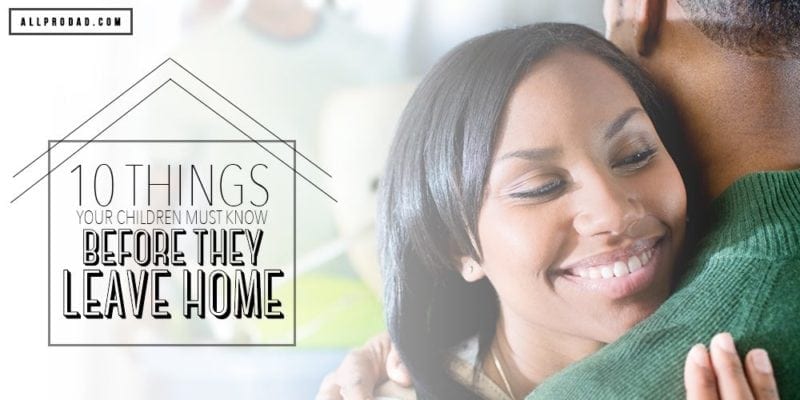When I worked with teenagers, I spent each summer at camps. It was one of my favorite parts of the job. One year, my job at camp was to help the cabin leaders with any problems they had. In one cabin, some of our staff found drugs. The kid who brought the drugs quickly admitted it to me, and I informed him that we would need to call his parents. He begged me not to tell because he felt as though he had pushed his dad to the end of his rope. As a member of the staff, and as a dad myself, I felt an obligation to let his dad know what was going on. When we finally did call home, his dad was sad but loving and supportive. I felt for both of them.
Later, I began to wonder what had happened. He seemed like a nice kid. I looked into his eyes and saw my own son. Since then, I have observed kids just like him and studied the possible factors that have led them to start making destructive decisions. If you are starting to see your child consistently behaving badly, these could be the reasons. Here are 7 things that lead kids down the wrong road.
1. Feeling Unloved by Their Parents
Nothing makes kids feel more lost and alone than when they don’t feel unconditionally loved by their parents. It leaves a deep pain that they want to relieve. They may numb it with drugs and alcohol or act out in aggression. Either way, those emotions are loud, and without some kind of healing, the pain will continue to throb.
2. Not Receiving Positive Attention
If there is one thing every kid craves, it’s attention. Kids will do anything for attention, and if they can’t get good attention, they’ll take bad attention because there’s nothing worse than receiving no attention. Receiving no attention, to them, feels like living a life that is insignificant.
3. Feeling Like They Don’t Fit In
This is in the same family as the last point. They feel different, awkward, and isolated. This can create anxiety, anger, and low self-esteem. Kids in this situation can withdraw further into isolation, leading to depression and potential self-harm. They may act out in a similar way as when they feel unloved by their parents. Finally, they could be invited into a group of friends who are bad influences, which brings me to the next point.
4. Having Friends Who Model Bad Behavior
We are all shaped by the people we surround ourselves with. This is especially true for children because the part of the brain that enables them to think through cause and effect hasn’t developed. If they continue to hang out with a bad influence, they will eventually start doing what they are seeing.
5. Having Parents Who Model Bad Behavior
Is your behavior a bad influence on your kids? Even more than friends, kids are influenced by their parents. What friends say doesn’t have nearly the impact as what parents do. Also, parents engaging in reckless and irresponsible behavior will make kids feel unstable. Kids without a firm foundation and structure are like feathers floating in the breeze. They are more susceptible to wandering into dangerous territory because no one has drawn out boundaries.
6. Inconsistent or Overly Strict Parenting
However, even when boundaries are drawn out, if they are not held, it communicates to the child that those boundaries aren’t important. Again, there is a feeling of instability. The other end of the spectrum is overly strict—parenting without grace and understanding, everything is a lecture or lesson, and tough consequences. The child feels constantly talked down to and rarely listened to. This produces bitterness and rebellion.
7. Not Knowing How to Cope With Pressure
There’s a lot of pressure on kids today, and a lot of it comes from adult agendas. Kids who don’t know how to cope will choose a number of unhealthy outlets. The unhealthy outlets are mainly distractions from the stress rather than growing in strength and maturity. Some include numbing through drugs and alcohol, developing an eating disorder, using relationships for sexual pleasure, viewing pornography, or harming themselves by cutting or burning.
Pay attention if your child is in any of these arenas. Provide him or her with a safe environment and do a lot of listening. Your kids need your gentle guidance. Take action early and often, but be sure your children know that your actions are coming from a position of love.
Thinking about whether it’s time to allow your kids to stay home alone? First, find your state’s home alone rules here.
Sound off: Is there an experience you had with a bad influence or saw in a friend that you can use as a lesson for your child?











Huddle up with your kids and ask, “What people in your life impact you the most?”